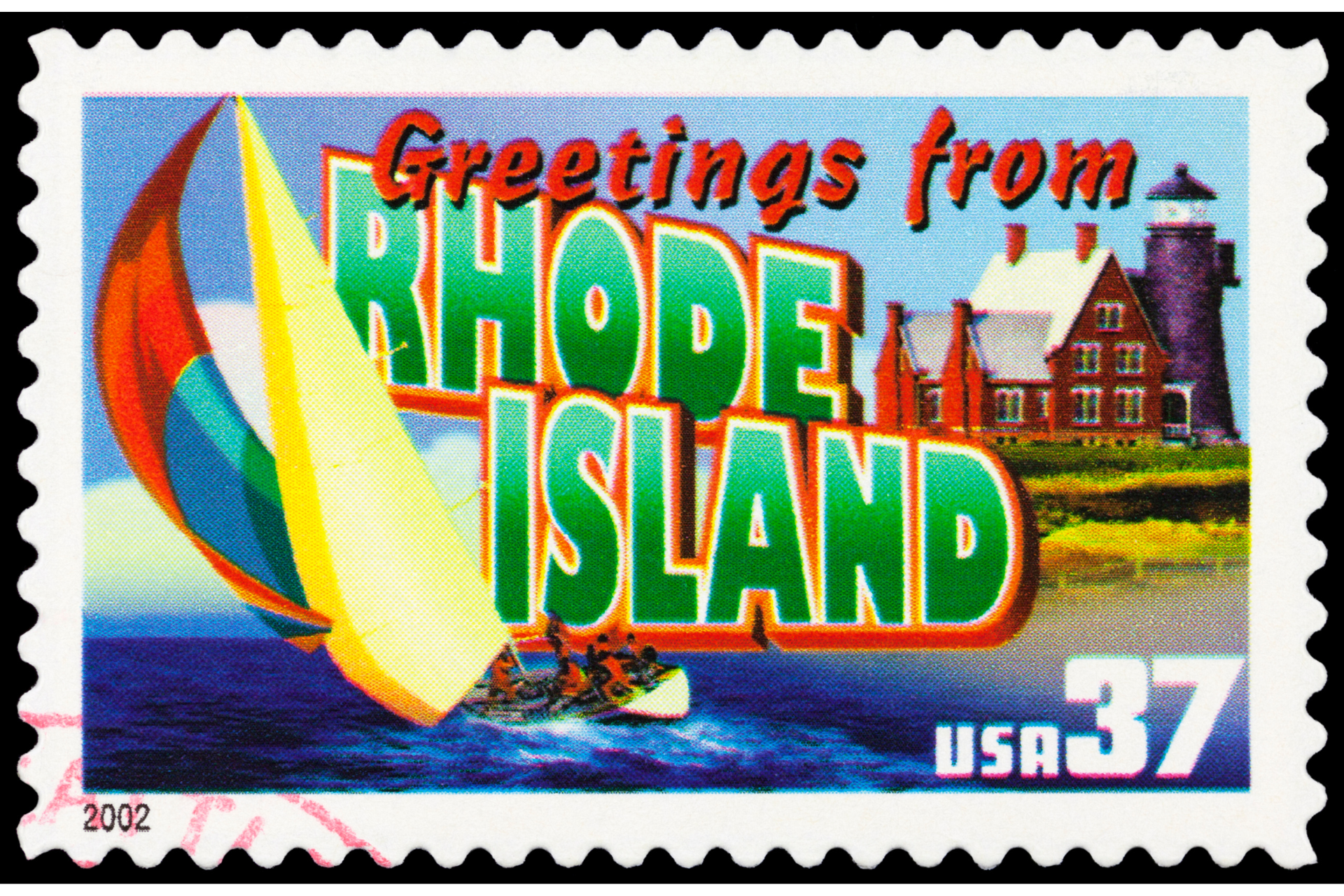The term “diaspora” is frequently used to describe people of Puerto Rican heritage living in the states. Some members of the diaspora were born in Puerto Rico, others have parents, grandparents or even earlier family members who made the migration. Regardless of a family’s length of time stateside, one aspect of the Puerto Rican diaspora is becoming apparent: its members ultimately lose Spanish fluency.
This observation comes with a touch of irony – the possibility of losing the Spanish language is often used as an argument against statehood for Puerto Rico. Less attention has been paid to the loss of Spanish within the Puerto Rican diaspora, which is occurring now as Puerto Ricans move to the states and subsequent generations remain there while Puerto Rico stagnates economically as a U.S. territory. Mass migration to the states is also expected to increase if independence starts to appear more likely, as people move while they still can to protect their U.S. citizenship and related benefits of Puerto Rico’s current connection with the U.S.
As pointed out by The Atlantic, the loss of a language by a once-proficient speaker and subsequent generations is quite common. Research shows that it occurs rapidly. A heritage language often becomes all but extinct by a family’s third generation.
Forced migration?
Puerto Rico is still primarily a Spanish-speaking U.S. territory. Estimates suggest that about 20% of people living in Puerto Rico are fully bilingual in Spanish and English, with younger people being more likely to feel comfortable in English. More than 95% of the population speaks Spanish. Puerto Rico has been a territory of the United States for more than a century, and there have been efforts to encourage the use of English, but Spanish continues to be the primary language used in Puerto Rico.
However, more people of Puerto Rican heritage now live in the states than on the Island. The diaspora is now some 5.8 million strong, while just about 3.1 million live in Puerto Rico. Residents of Puerto Rico are not forced to move to states. Unlike other historic diasporas, Puerto Ricans are not fleeing persecution. The most common reasons given for the move are economic: people leave Puerto Rico for a state because they need health care, educational support, or career opportunities that just aren’t available to them in the territory.
Speaking Spanish in the states
Spanish is the most common language in the United States after English, and the United States is home to more Spanish speakers than all but three other nations in the world. There are 54.2 million Spanish speakers in the United States.
Do the people who have left Puerto Rico for the states still speak Spanish? According to the Pew Research Center, 63% speak Spanish at home, but only 39% of those born in a state do so.
83% speak English well, but this group also shows a split between those born on the Island and those born in a state. 61% of those born in the territory of Puerto Rico speak English well, and 95% of those born in the states do.
Among bilingual members of the diaspora, 42% are English-dominant, speaking English better than Spanish. Only 16% are Spanish-dominant. 41% are fully bilingual, equally comfortable in either language.
For those who were born in Puerto Rico, the numbers are naturally different. Of people born in Puerto Rico and living in a state, just 15% are English dominant and 36% are Spanish dominant. 49% are fully bilingual.
In the chart below, the blue columns show people living in Puerto Rico and the green columns show those living in a state. We see a clear loss of the Spanish language between people living on the Island and people living in a state, and an increase in bilingualism among the diaspora.
Would future statehood end the use of Spanish in Puerto Rico?
The evidence doesn’t support this idea. For one thing, Congress can make decisions about the language choices of a territory, but states make their own decisions on this matter, thanks to the 10th amendment. Spanish also continues to be widely spoken in states with a long history of Spanish speakers.
Future threats and current realities
The data show that Puerto Rico’s current territory status may be more of a threat to Spanish fluency among Puerto Ricans than statehood. Speculation about the possible effects of statehood shouldn’t blind us to the current facts. U.S. Census data confirm that Spanish use in the Puerto Rican community in the U.S. is on the decline, with the percentage of people of Puerto Rican origin residing in states speaking Spanish at home falling from 84.6% in 1980 to 50.9% in 2021. The children of the migrants to the states are clearly less likely to speak Spanish at home.
As a territory, Puerto Rico is continually losing residents to the states. It is a common perception that any notice of Puerto Rico becoming independent would create a tsunami of migrants to states before borders are closed shut. Current facts support a similar prediction that a free association arrangement between a foreign country of Puerto Rico and the U.S. would encourage massive migration to the scale that would leave a new nation of Puerto Rico floundering. In this way, the current territory status and possible future independence – with or without a free association arrangement – seem to be a bigger threat to Spanish language fluency among Puerto Ricans than statehood.
Updated on November 20, 2023



